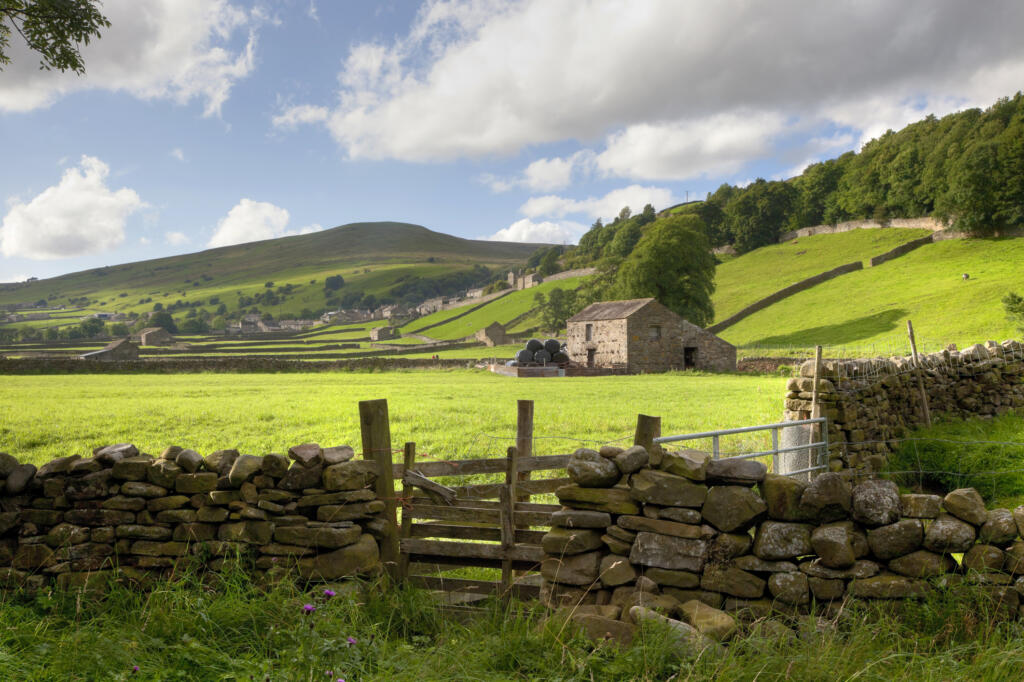
When a farm is involved in divorce proceedings, there are often additional issues that need to be considered, such as valuing the farm and distributing the business.
Farms are often inherited and have complex ownership structures where different parts of the farm may be owned by various members of the family who may have competing interests.
Individuals who are not involved in the divorce proceedings initially may seek to assert an interest in the farm and intervene in the proceedings. This can pose additional challenges and add a further layer of complexity.
This article looks at the different elements that will need to be considered when valuing a farm as part of the divorce process.
Why is valuing the farm important?
Before any meaningful divorce negotiations can progress it will be essential to ascertain the value of the farm, the extent of the parties’ interests and whether discounts should be applied if a minority interest exists. Great care needs to be taken to avoid significant conflict arising when determining these issues.
What does valuing the farm involve?
Valuing a farm is not a straight forward process and it will be necessary to involve an expert with the appropriate expertise in order to do so, ordinarily a Chartered Surveyor with particular experience dealing with farms will be instructed on a joint basis in the first instance. The parties may not always agree with the joint valuation and may decide to instruct shadow experts in order to explore any concerns they may have regarding the valuation provided.
Each farm will have its own nuances in the way in which it is owned, tenanted, run and how it generates an income. Often, the various elements of the farm will need to be considered individually and it may be necessary to instruct a number of specialists to ascertain the value of each aspect.
The expert may also be asked to take into account the various options that could potentially be explored in order to maximise the value of the farm, for example, the farm may be more valuable if it is partitioned and sold in different lots or there may be further income streams that need to be looked at, such as farm shops, holiday lets, renewables or other developments. It is becomingly increasingly common for farmers to diversify and the ability to do so can affect the potential value of a farm.
What else should we be aware of when valuing the farm?
There are other factors that can affect the value of the farm, such as having the benefit of the Basic Payment Scheme, planning permissions, quotas, or being subject to agricultural ties, limiting who may be able to occupy the property. External factors may also be particularly relevant, such as Brexit and Coronavirus.
A further issue to which due consideration must be given is the incidence of Capital Gains Tax. It may be necessary to take measures to mitigate liability in this respect, taking early advice is therefore essential.
The letter of instruction being sent to the single joint expert is likely to be incredibly important and a failure to adequately explore all of the necessary issues could potentially lead to an unsatisfactory valuation being prepared.
How will the financial settlement affect the farm?
When deciding the most appropriate way to achieve a financial settlement there will be a need to consider viability. It can sometimes be a balancing act of ensuring that the vacating spouse’s needs are funded, whilst preserving the farm as a home and business for the other, particularly under circumstances where the farm has been inherited.
A decision to sell particular holdings or machinery in order to fund a potential settlement can have a detrimental impact on the farm’s ability to derive a profit if the matter is not approached correctly. The assistance of a farming consultant may be required to scrutinise the accounts and consider the different avenues that could be explored.
In light of the various complex issues that will need to be considered, it is of the utmost importance to instruct a solicitor with specialist experience dealing with farming divorces as they will have an awareness of particular issues that will need to be addressed within the valuation. This is going to be the case whether you are party with ownership and an intricate understanding of the farm, or the party who has married a farm owner.
If you would like further information on farming and divorce please get in touch with our experts.
We’ve also produced a series of articles that may be of benefit:
